Your Trusted Private Label Hair Mask Manufacturer
Explore Ultimate Hair Mask Collection!
About Aoxue
Venture into the world of Aoxue, we are a trusted and innovative hair mask manufacturer that provides top-tier skincare solutions that meet industry standards.
With years of expertise in the skincare industry, we specialize in developing custom hair mask tailored to the unique needs of skincare brands worldwide. Our commitment to quality, safety, and innovation sets us apart, as we use only the finest ingredients and cutting-edge manufacturing techniques.
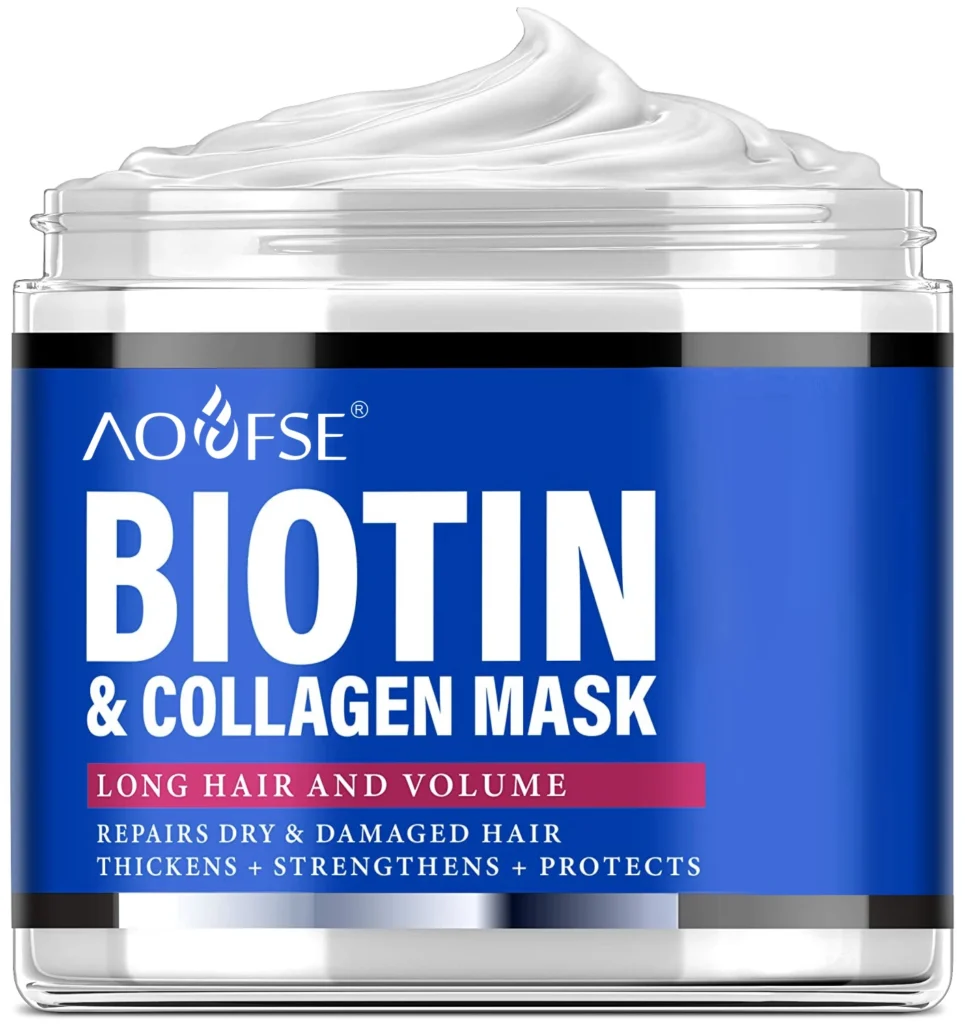
What is a Hair Mask?
A hair mask is an intensive conditioning treatment formulated to deeply hydrate, repair, and strengthen damaged or dry hair. Packed with concentrated ingredients like natural oils, proteins, and vitamins, it penetrates the hair shaft to restore moisture, enhance softness, and boost shine. Unlike regular conditioners, hair masks provide deeper, longer-lasting nourishment and are typically used once or twice a week.
Types of Hair masks : We Manufacture
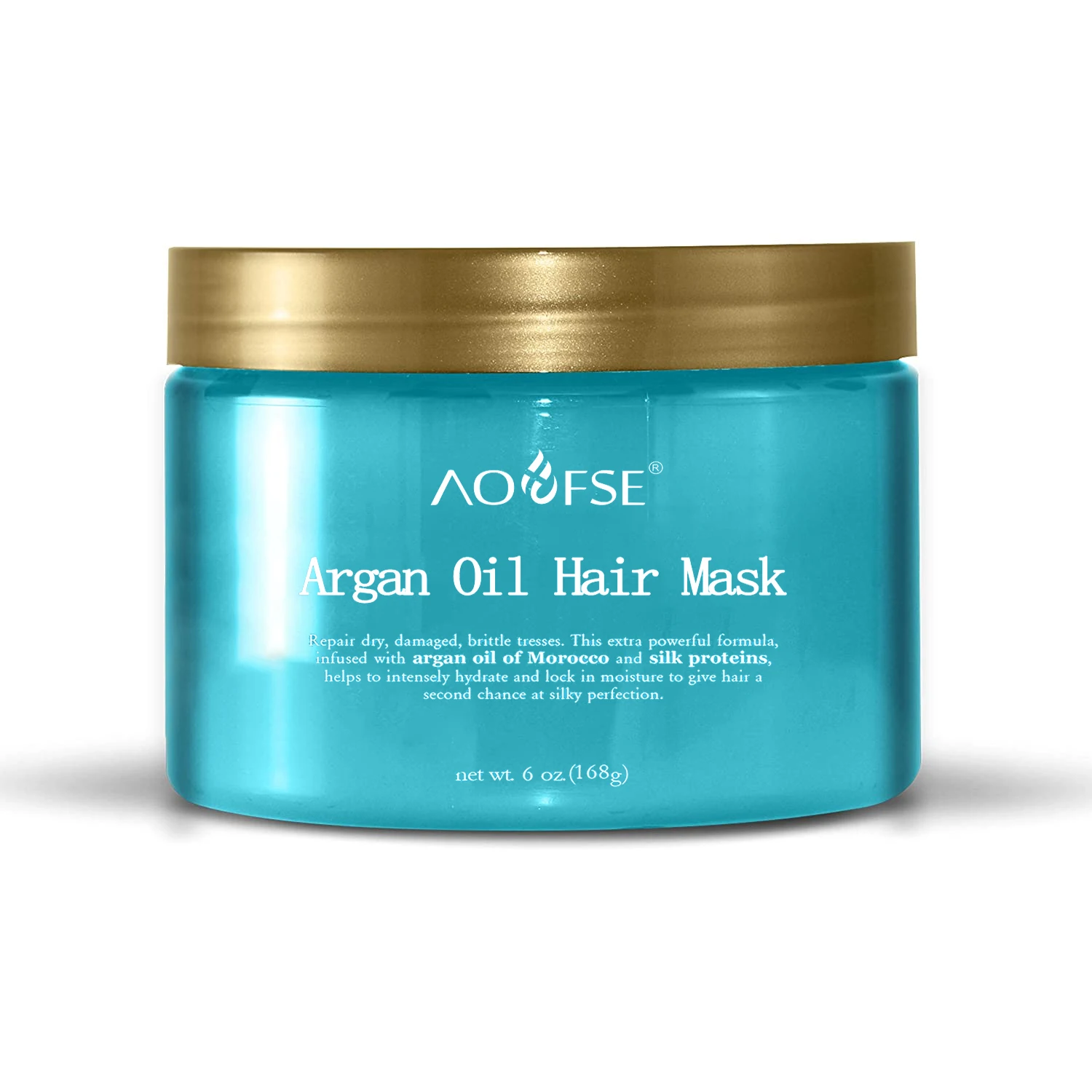
Moisturizing Hair Mask
A moisturizing hair mask is designed to deeply hydrate and revive dry, brittle hair. Enriched with nourishing ingredients like shea butter, argan oil, or aloe vera, it helps restore moisture, enhance shine, and improve manageability. Suitable for all hair types, it’s perfect for anyone needing an extra dose of hydration and softness.
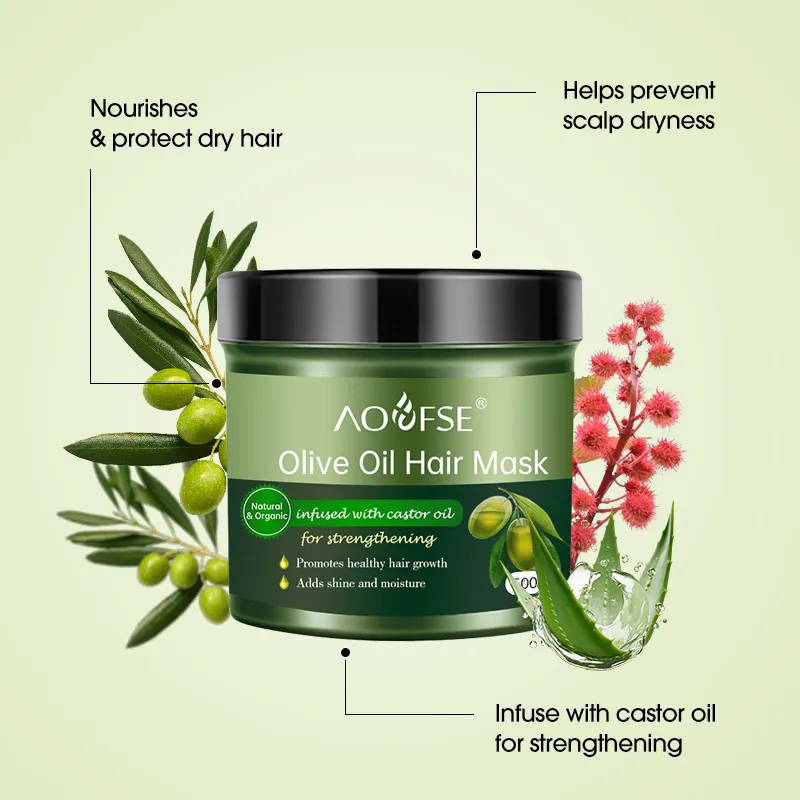
Face Cleanser
A coconut oil hair mask is a rich, nourishing treatment that deeply moisturizes dry or damaged hair. Coconut oil penetrates the hair shaft to repair split ends, reduce protein loss, and restore softness and shine. It also soothes the scalp, helps prevent dandruff, and supports overall hair strength—making it ideal for regular deep conditioning.
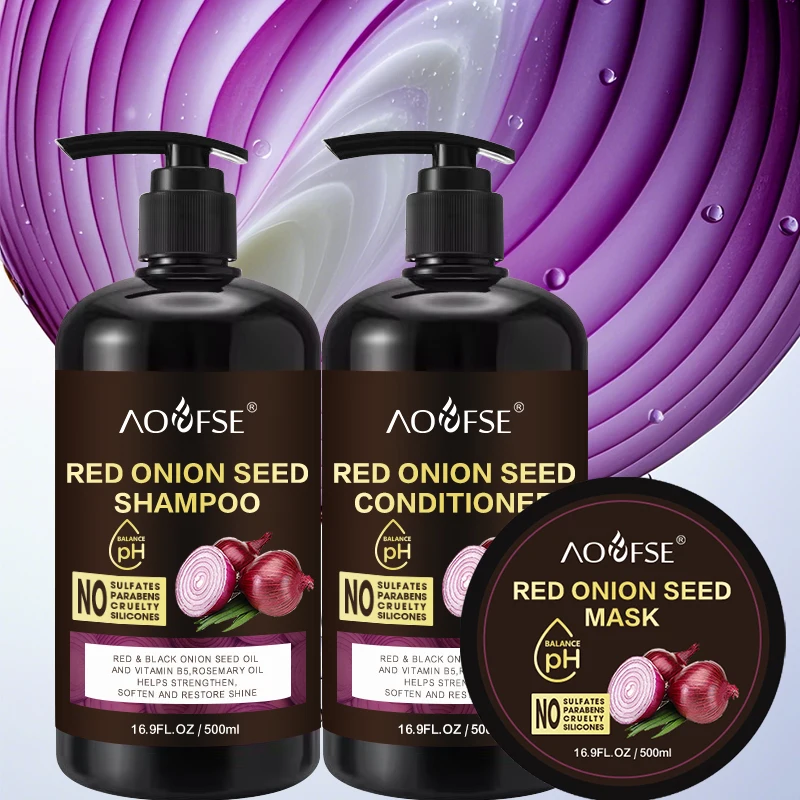
Face Cleanser
A face cleanser removes dirt, oil, and makeup while keeping the skin fresh and balanced. We offer formulations for different skin types, including hydrating, foaming, and deep-cleansing options. Regular use helps prevent breakouts and prepares the skin for further skincare steps.
Recipes for Moisturizing Hair Mask
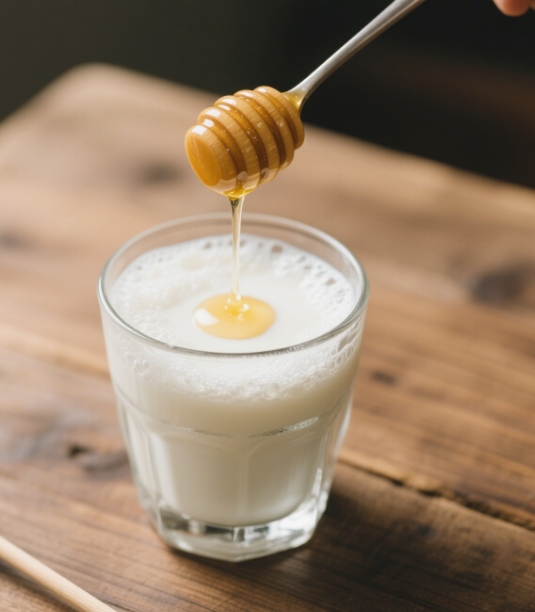
Coconut Milk and Honey
Coconut milk and honey are a powerful natural duo that deeply hydrate and nourish the hair. Coconut milk is rich in vitamins and fatty acids that strengthen and moisturize, while honey acts as a natural humectant, locking in moisture and adding shine. Together, they help repair damage, reduce dryness, and leave hair soft, smooth, and healthy-looking.

Aloe Vera and Yogurt
Aloe vera and yogurt form a revitalizing hair mask that hydrates, soothes, and strengthens dry or damaged hair. Aloe vera delivers deep moisture and calms the scalp, while yogurt provides proteins, vitamins, and natural conditioning agents that improve texture, reduce frizz, and restore softness and shine.
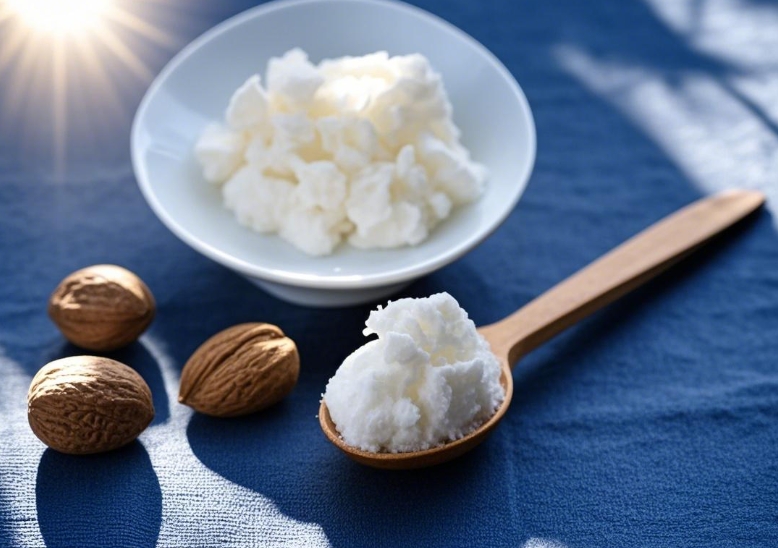
Shea Butter and Argan Oil
Shea butter and argan oil work together to deliver intense hydration and nourishment to dry or damaged hair. Rich in fatty acids and vitamins, shea butter strengthens and softens hair, while argan oil smooths the cuticle, tames frizz, and boosts shine. This powerful combo helps restore moisture balance, leaving hair healthier, shinier, and more manageable.
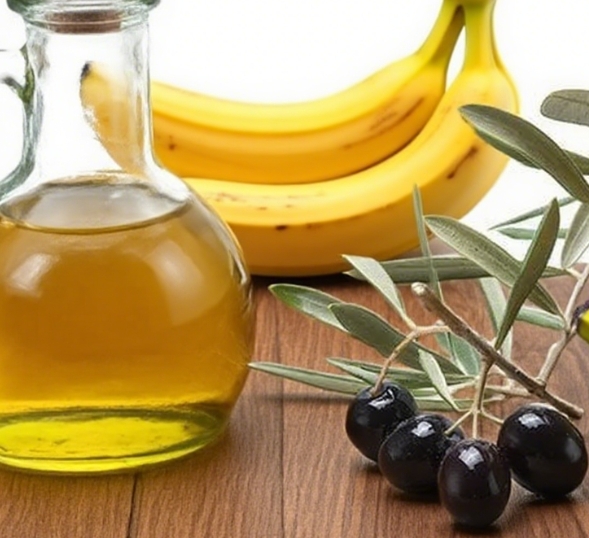
Banana and Olive Oil
Banana and olive oil work together to deeply condition and revitalize the hair. Banana is rich in vitamins and minerals that strengthen strands and boost elasticity, while olive oil provides lasting moisture and smooths the hair cuticle. This duo is especially effective for reducing frizz, restoring softness, and improving overall hair texture.

Key Features of Hair Masks
Deep Hydration
Hair masks deliver intense moisture to dry, damaged strands by penetrating deep into the hair shaft. This helps restore hydration, repair dryness, and improve overall softness and manageability, making them essential for maintaining healthy, nourished hair.
Nourishing and Conditioning
Hair masks are rich in vitamins, minerals, and essential oils that deeply nourish and condition the hair. They help strengthen each strand, enhance texture, and improve overall hair health, leaving it softer, smoother, and more resilient.
Repair and Strengthen
Hair masks formulated with proteins like keratin and amino acids work to repair damaged strands from within. They reinforce the hair structure, reduce breakage, and restore strength, making hair more resilient and healthier over time.
Frizz Control
Hair masks enriched with smoothing agents like natural oils or lightweight silicones help tame frizz and flyaways. They seal in moisture, smooth the cuticle, and leave hair looking sleek, shiny, and easy to manage.
Enhanced Shine
Consistent use of hair masks helps restore the hair’s natural shine by sealing the cuticle and locking in moisture. This results in smoother, glossier strands with a healthier, more radiant appearance.
Would you like this phrased for a benefits section on your website, a label claim, or a social media post caption?
How to Use a Hair Mask
1. Shampoo First
Wash your hair with a gentle shampoo to remove dirt, oil, and buildup. This preps the hair for better absorption of the mask.
2. Towel-Dry Gently
After rinsing, gently towel-dry your hair until it’s damp—not soaking. This helps the mask penetrate more effectively.
3. Apply Evenly
Scoop a generous amount of hair mask and apply it from mid-lengths to ends. If your scalp is dry or the product is scalp-safe, you can massage a small amount at the roots as well.
4. Distribute Thoroughly
Use your fingers or a wide-tooth comb to spread the mask evenly through your strands. Massage gently to ensure full coverage.
5. Let It Sit
Leave the mask on for 10–30 minutes, depending on the product. For deeper treatment, cover your hair with a shower cap or warm towel to enhance absorption.
6. Rinse Well
Rinse out thoroughly with lukewarm water until your hair feels clean and light. Avoid hot water, which can dry out your hair.
7. Optional: Conditioner
Some masks are rich enough to replace conditioner. But if needed, follow up with a lightweight conditioner for extra smoothness.
8. Dry and Style
Towel-dry gently and style as usual. For minimal damage, air dry or use heat tools with a protectant spray.
Answers at Your Fingertips
What are the main benefits of your hair masks?
Our hair masks are crafted with natural, high-performance ingredients that offer deep hydration, intense nourishment, and frizz control. They help repair damage, improve softness and shine, and make hair more manageable—leaving it visibly healthier and stronger after every use.
What hair types are your hair masks suitable for?
Our hair masks are designed to work effectively on all hair types—whether you have curly, straight, wavy, thick, or fine hair. They provide customized hydration and care, helping to address a range of concerns like dryness, frizz, and damage across all textures.
What is your minimum order quantity for private label products?
Our minimum order quantity for private label products may vary based on the product and packaging specifications. Our team would be happy to provide more information on our minimum order quantities and help you determine the best options for your business.
What is your lead time for private label products?
Our lead time for private label products typically ranges from 4-6 weeks, depending on the product specifications and order volume. We will work closely with you to ensure that your products are delivered on time and to your specifications.
What is your quality control process for private label men's product-manufacturers private label products?
At Aoxue, we take quality control seriously and have strict standards in place to ensure that our private label products meet the highest quality standards. Our team of skincare experts will oversee every step of the production process, from ingredient selection to final product inspection, to ensure that your products meet your expectations.
Latest Insights From Our Experts
Massage Oil vs. Body Oil: What’s Best for Your Skin?
Toner vs Serum: Understanding Key Skincare Differences In the ever-evolving world of skincare, understanding the roles of various products can often feel overwhelming. Among the myriad of options, toners and serums stand out as essential components of a comprehensive skincare routine. But what sets them apart? This article delves into the key differences between toners and serums, helping you make informed decisions for your skincare regimen. What is a Toner? Toners are water-based skincare products designed primarily to: Typically used after cleansing and before moisturizing, toners ensure that your skin is clean and ready for additional treatments. Common Ingredients in Toners Ingredient Benefits Witch Hazel Anti-inflammatory properties Rose Water Gentle hydration, soothes skin Aloe Vera Calming effects, adds moisture Hyaluronic Acid Attracts and retains moisture AHAs/BHAs Exfoliates, unclogs pores Benefits of Toners What is a Serum? Serums are highly concentrated skincare products formulated to address specific concerns like: Unlike toners, serums penetrate deeper into the skin to deliver powerful active ingredients. Common Serum Ingredients Ingredient Primary Benefit Vitamin C Brightening, antioxidant protection Retinol Reduces fine lines and wrinkles Peptides Improves firmness and elasticity Niacinamide Reduces inflammation, improves texture Hyaluronic Acid Provides deep hydration Serum Benefits Key Differences: Toner vs Serum Aspect Toner Serum Texture Watery, lightweight Thicker (oil/gel-based) Primary Purpose Prepares and balances skin Treats specific concerns Application Cotton pad

Toner vs Serum: Understanding Key Skincare Differences
In the ever-evolving world of skincare, understanding the roles of various products can often feel overwhelming. Among the myriad of options, toners and serums stand out as essential components of a comprehensive skincare routine. But what sets them apart? This article delves into the key differences between toners and serums, helping you make informed decisions for your skincare regimen. What is a Toner? Toners are water-based skincare products designed primarily to balance the skin’s pH, cleanse pores, and prepare the skin for better absorption of subsequent products. Typically used after cleansing and before moisturizing, toners ensure that your skin is clean and ready for additional treatments. Common Ingredients in Toners: Benefits of Toners: What is a Serum? Serums are highly concentrated skincare products formulated to address specific skin concerns such as dark spots, fine lines, wrinkles, and hyperpigmentation. Unlike toners, serums are designed to penetrate deeper into the skin, delivering powerful active ingredients directly to the areas that need them most. Common Ingredients in Serums: Benefits of Serums: Key Differences Between Toner and Serum Aspect Toner Serum Texture Watery and lightweight Thicker, often oil- or gel-based Purpose Prepares, balances skin, and cleanses Treats specific concerns (e.g., aging, dark spots) Application Applied with a cotton pad or spray Applied with fingers and massaged into the skin Depth of Action Works on

Gel vs Cream Moisturizer: Which is Right for Your Skin?
In the vast world of skincare, choosing the right moisturizer can be daunting. With the myriad of options available, one of the most common dilemmas is deciding between a gel and a cream moisturizer. Each type has its unique properties, benefits, and suitable skin types. So, how do you determine which is right for you? Let’s delve into the differences between gel and cream moisturizers and help you make an informed decision. Understanding Gel and Cream Moisturizers Gel Moisturizers: Cream Moisturizers: Gel vs Cream: Key Differences Base Ingredients: How to Choose the Right Moisturizer When deciding between a gel and cream moisturizer, consider the following: Can You Use Both? Yes, you can use both gel and cream moisturizers in your skincare routine. For instance, apply a gel moisturizer in the morning for a lightweight feel and switch to a cream moisturizer at night for intense hydration. This approach ensures your skin gets the necessary hydration throughout the day. Conclusion Choosing between a gel and cream moisturizer ultimately depends on your skin type, concerns, and personal preference. Both types have their unique benefits, and understanding these can help you make an informed choice. Remember, the right moisturizer can make a significant difference in your skincare routine, promoting healthy, radiant skin.

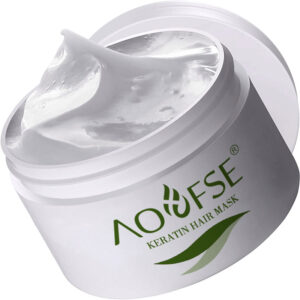

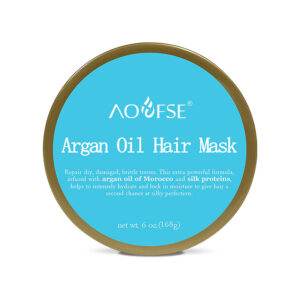
 English
English Arabic
Arabic Armenian
Armenian Chinese (Simplified)
Chinese (Simplified) Danish
Danish Dutch
Dutch Esperanto
Esperanto Estonian
Estonian French
French Hindi
Hindi Italian
Italian Japanese
Japanese Korean
Korean Portuguese
Portuguese Russian
Russian Thai
Thai Turkish
Turkish Ukrainian
Ukrainian Vietnamese
Vietnamese